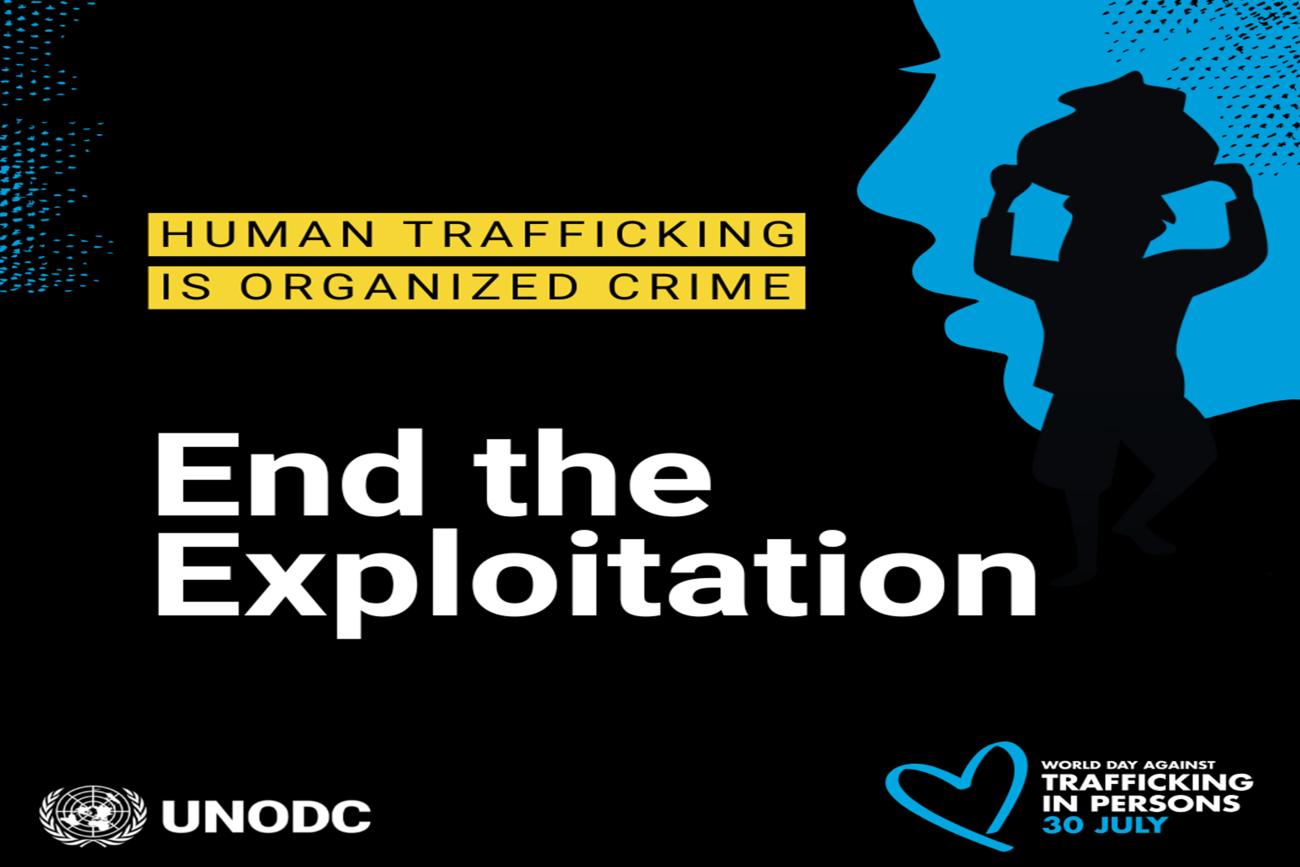CCA urges Asian churches to unite in ending human trafficking and exploitation across Asia

Chiang Mai, Thailand: On World Day Against Trafficking in Persons, the Christian Conference of Asia (CCA) has called on Asian churches and faith communities to stand united against the organised crime of human trafficking.
The 2025 campaign theme, “Human Trafficking is Organised Crime – End the Exploitation,” highlights the urgent need to dismantle trafficking networks and strengthen justice systems across the region. While awareness of the issue has increased, responses remain fragmented. Survivors still face significant barriers to protection and justice, and weak law enforcement allows traffickers to operate with impunity.
In a statement issued on 30 July 2025, CCA General Secretary Dr Mathews George Chunakara drew attention to the diverse yet interconnected nature of trafficking across Asia. “Human trafficking remains one of the most pervasive and highly organised criminal enterprises in the region. Transnational syndicates exploit legal loopholes, migration routes, and digital platforms to recruit, control, and abuse vulnerable individuals. Victims are coerced into labour, sexual exploitation, and criminal activities, while perpetrators often evade accountability,” he said.
The CCA General Secretary urged churches to renew their commitment to justice and compassion. “Churches must support trauma-informed and survivor-led approaches, amplify survivors’ voices, and collaborate across borders to advocate for policy reform. On this World Day Against Trafficking in Persons, let us affirm that advocacy is not optional but a sacred duty, one that requires initiating collective action to combat human trafficking”, stated Dr Chunakara.
To strengthen regional efforts, CCA is organising an International Consultation on “Combatting Forced Migration, Human Trafficking, and Increased Cyber Crime in Asia” from 13 to 15 August 2025 in Bangkok, Thailand. The consultation will provide a platform to equip churches and ecumenical institutions to respond more effectively to these pressing issues through advocacy, pastoral care, and network-building.










